കോളൻ ഹൈഡ്രോതെറാപ്പി ഉപകരണ നിർമ്മാതാവ്
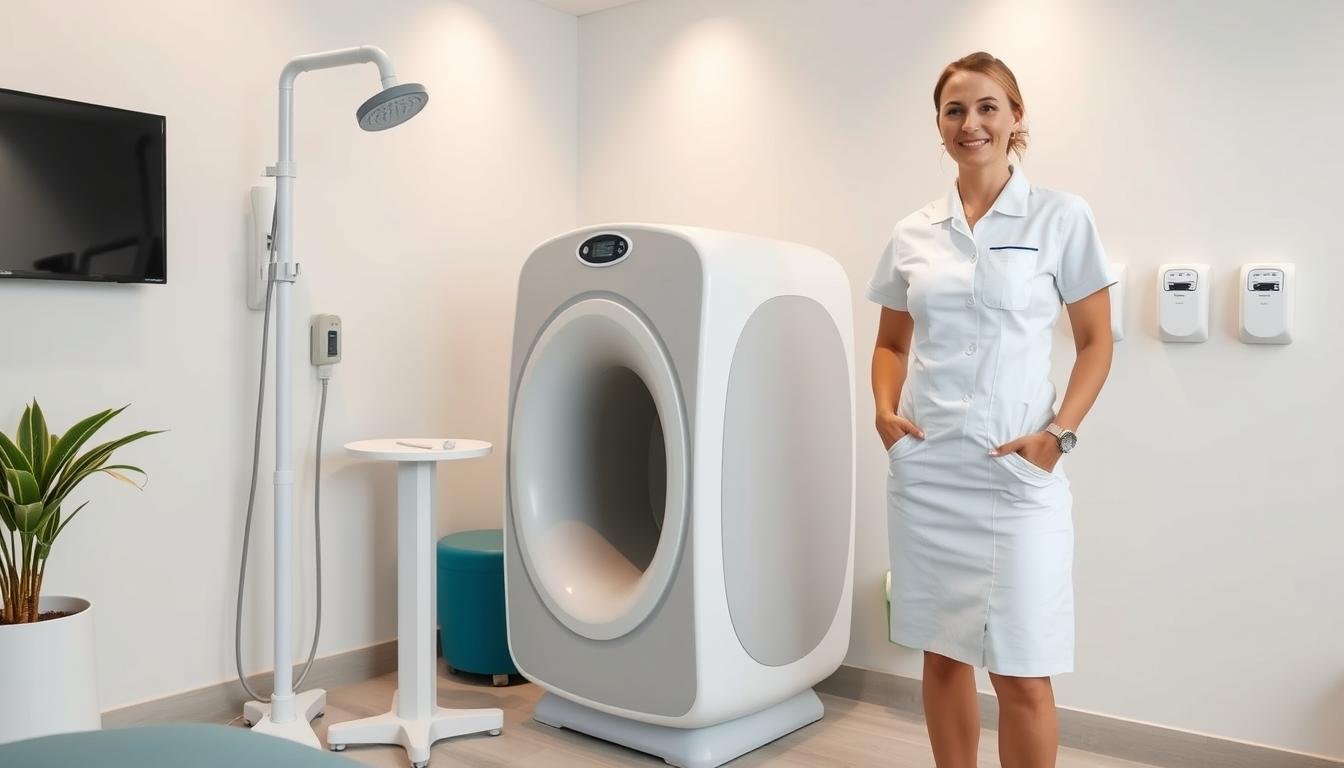
Definition and Role of a Certified Colon Hydrotherapist
A certified colon hydrotherapist is a healthcare professional specially trained to perform colon hydrotherapy, also known as colonics or colon irrigation. This procedure involves the gentle infusion of filtered, temperature-controlled water into the colon through a small, disposable rectal tube to cleanse the large intestine of accumulated waste material.
The primary responsibilities of a certified colon hydrotherapist include:
- Conducting thorough client consultations to understand health history and goals
- Explaining the colon hydrotherapy procedure and addressing client questions
- Maintaining strict hygiene protocols and ensuring client comfort and dignity
- Operating specialized equipment like the FDA-registered LIBBE system
- Monitoring clients during the procedure for safety and effectiveness
Unlike untrained practitioners, certified colon hydrotherapists understand contraindications, recognize when to refer clients to medical doctors, and follow established safety protocols to minimize risks.
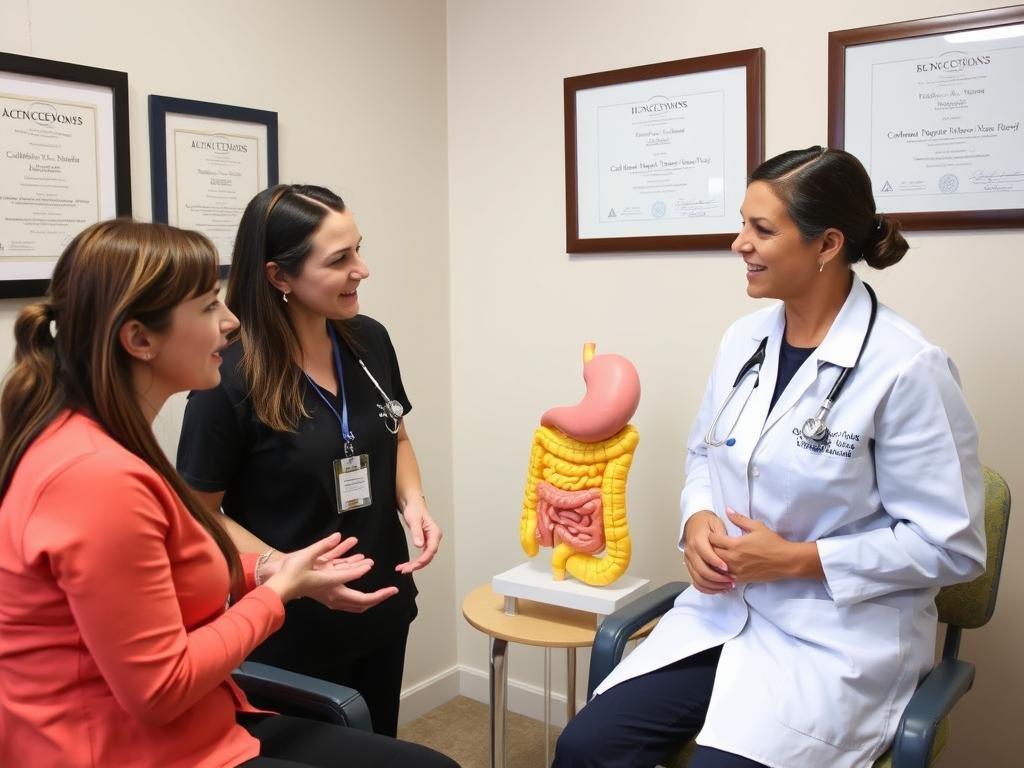
കോളൻ ഹൈഡ്രോതെറാപ്പിയെ പരിഗണിക്കുന്നുണ്ടോ?
Always verify your practitioner is properly certified before scheduling a session. Certification ensures they have the necessary training to perform the procedure safely.
Certification Process and Required Training
Becoming a certified colon hydrotherapist requires specialized education and training. The certification process typically involves several key components:
Educational Requirements
Most certification programs require candidates to complete comprehensive coursework covering anatomy, physiology, contraindications, hygiene protocols, and equipment operation. Programs typically range from 100 to 500 hours of combined classroom and practical training.
Major certification bodies include:
- അന്താരാഷ്ട്ര അസോസിയേഷൻ ഫോർ കോളൻ ഹൈഡ്രോതെറാപ്പി (ഐ-ആക്റ്റ്)
- National Board for Colon Hydrotherapy (NBCHT)
- Global Professional Association for Colon Therapy (GPACT)
Certification Levels
Many organizations offer tiered certification levels based on education and experience:
| Level | Requirements | Capabilities |
| Foundation | 100+ hours training | Basic procedures |
| Intermediate | 200+ hours + experience | Advanced techniques |
| Advanced | 500+ hours + years of practice | All procedures, teaching |
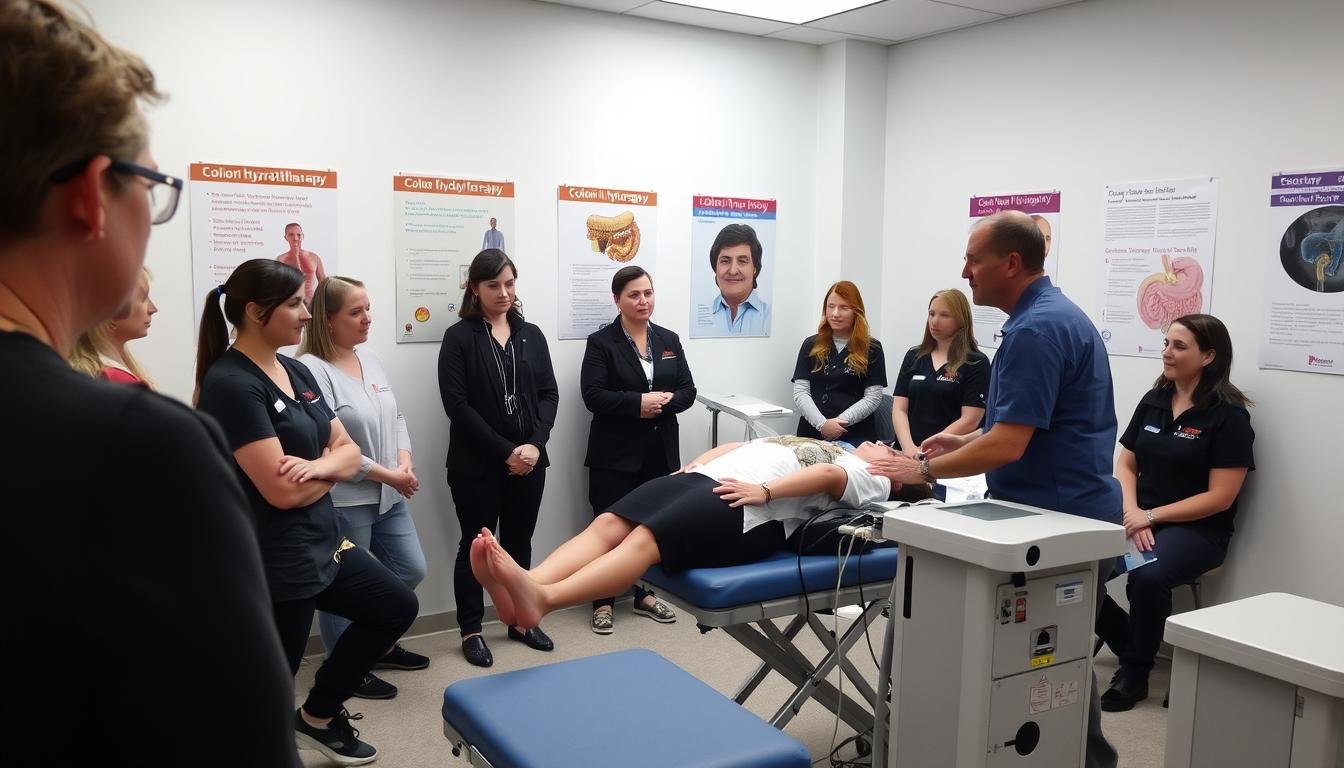
Many states require colon hydrotherapists to register with state health departments and maintain current certification. For example, Washington State requires practitioners to apply for certification through their Department of Health, submit proof of national certification, and pay applicable fees.
Continuing education is often required to maintain certification, ensuring practitioners stay current with best practices and safety protocols.
പ്രധാനം: Certification requirements vary by state and country. Always check your local regulations to understand what qualifications a legitimate practitioner should possess in your area.
Benefits of Colon Hydrotherapy Sessions
When performed by a certified colon hydrotherapist, colon hydrotherapy may offer several potential benefits. While scientific research on these benefits varies, many clients report positive experiences:
Digestive Health
Many clients report improvements in digestive complaints including constipation, bloating, and gas. The gentle cleansing action may help restore natural peristalsis (muscle contractions) in the colon.
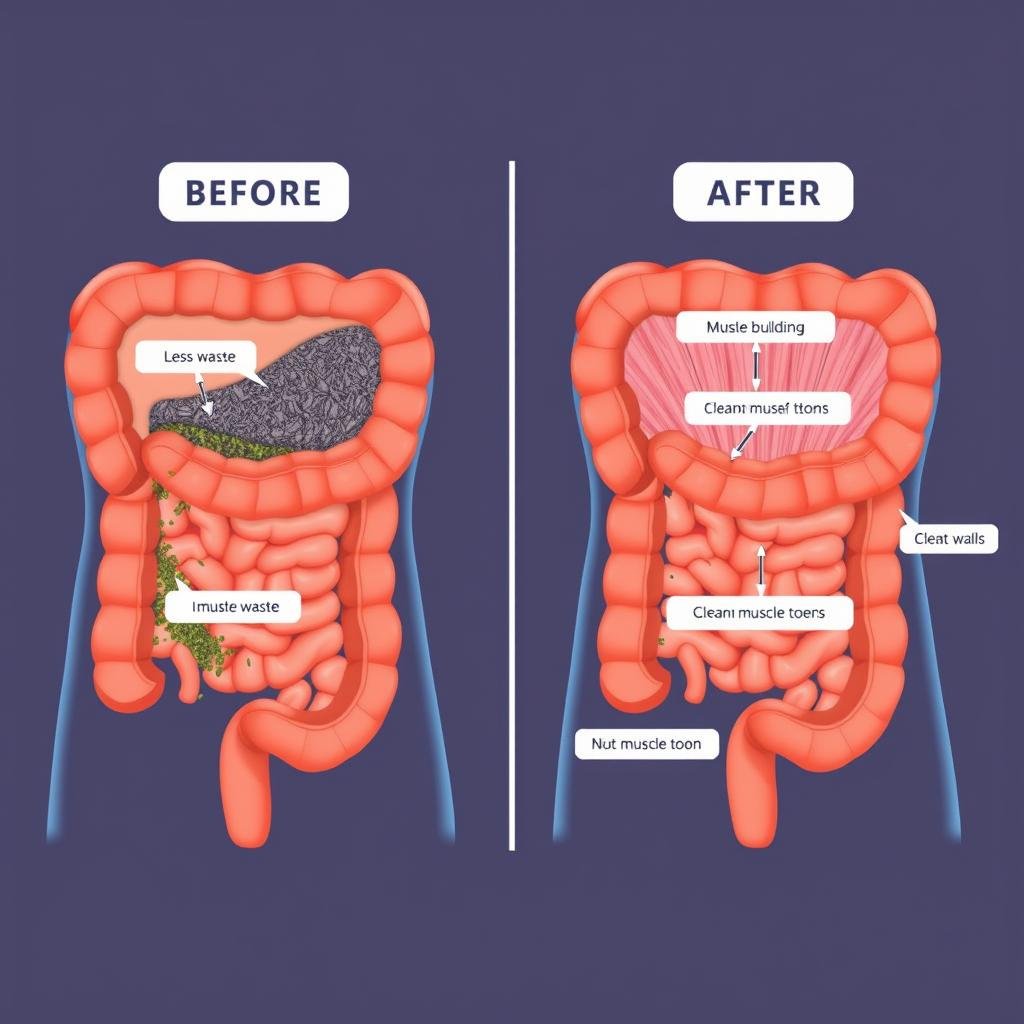
Detoxification Support
By removing accumulated waste material, colon hydrotherapy may reduce the burden of toxins in the body. This may support the body’s natural detoxification processes and reduce toxic reabsorption.
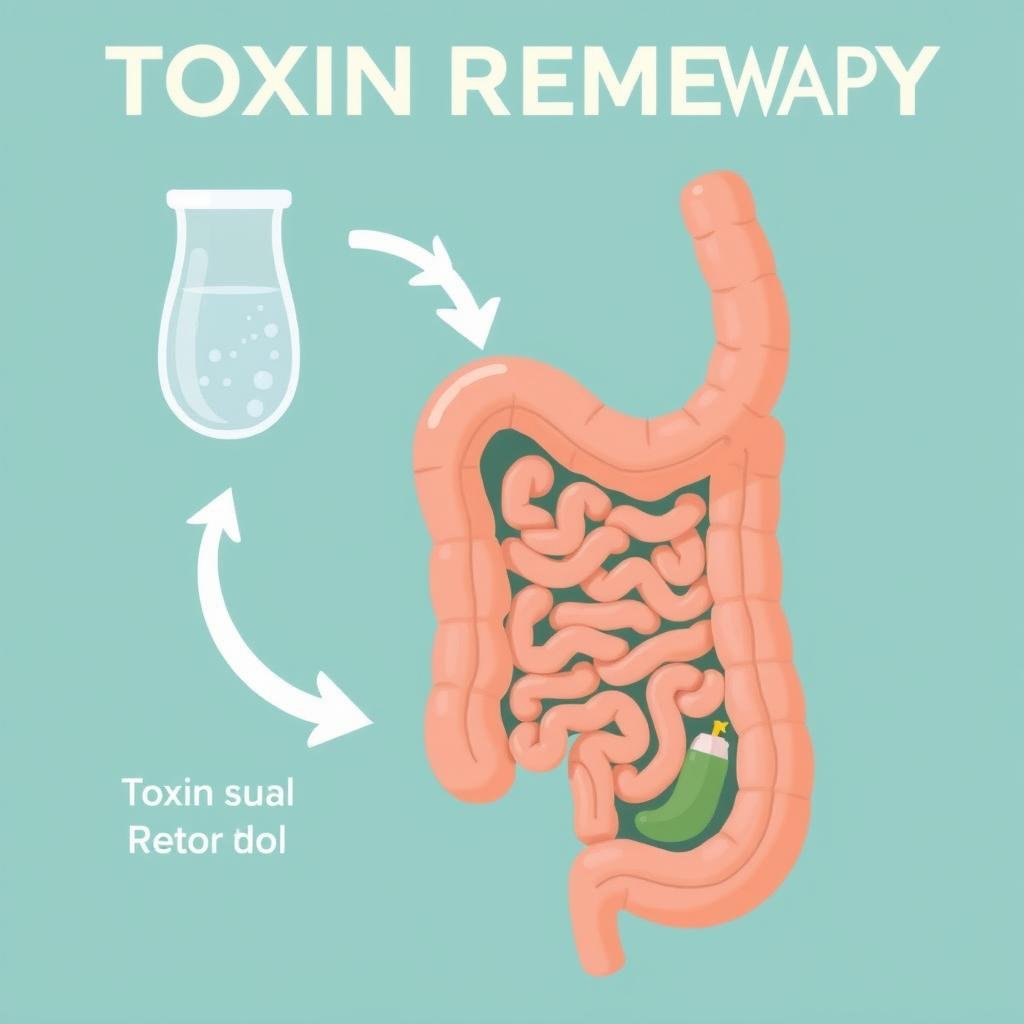
Improved Energy & Clarity
Many clients report increased energy levels and mental clarity following sessions. This may be related to reduced toxic burden and improved nutrient absorption in the digestive tract.

“A certified colon hydrotherapist doesn’t just perform a procedure—they provide education about digestive health, offer personalized recommendations, and ensure the entire experience is comfortable, dignified, and beneficial.”
Ready to Experience the Benefits?
Consult with a certified colon hydrotherapist to discuss your specific health goals and determine if colon hydrotherapy is right for you.
Safety Standards and Regulations in the Industry
Safety is paramount in colon hydrotherapy, which is why working with a certified colon hydrotherapist is essential. The industry has established comprehensive standards to protect clients:
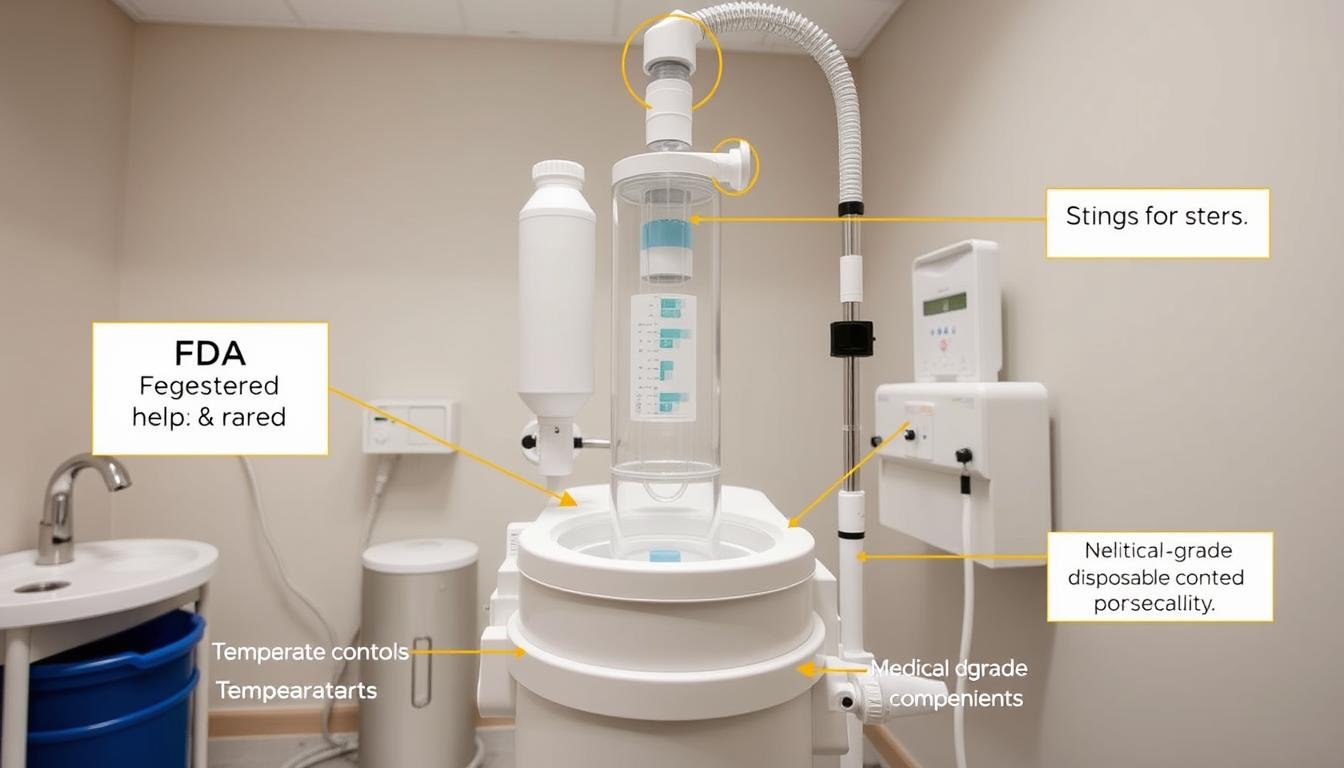
Equipment Standards
Certified colon hydrotherapists use FDA-registered devices like the LIBBE system, which feature:
- Multiple filtration systems to ensure water purity
- Temperature controls to maintain safe, comfortable water temperature
- Disposable, single-use components to prevent cross-contamination
- Gravity-fed systems that limit water pressure for safety
- Backflow prevention mechanisms to maintain hygiene
Procedural Standards
Professional protocols that certified practitioners follow include:
- Thorough client health history review to identify contraindications
- Comprehensive sanitation between clients
- Use of personal protective equipment
- Client privacy and dignity protection measures
- Emergency protocols and medical referral procedures
പ്രധാന സുരക്ഷ ശ്രദ്ധിക്കുക: Colon hydrotherapy is contraindicated for certain conditions including recent colon surgery, active inflammatory bowel disease, hemorrhaging, intestinal perforations, and several other medical conditions. A certified colon hydrotherapist will screen for these contraindications before performing the procedure.
Regulatory oversight varies by location. Some states have specific licensing requirements for colon hydrotherapists, while others may regulate the practice under massage therapy, naturopathy, or other healthcare licensing frameworks. Always verify that your practitioner meets local regulatory requirements.
How to Verify Credentials of Practitioners
Before scheduling a session with a colon hydrotherapist, it’s crucial to verify their credentials. Here’s how to ensure you’re working with a properly certified professional:

Credential Verification Checklist
- Ask directly about their certification, training, and experience
- Request to see certificates displayed in their office
- Verify with certification bodies like I-ACT or NBCHT through their online directories
- Check state licensing boards if your state regulates the practice
- Look for continuing education – certified practitioners regularly update their knowledge
Questions to Ask Your Colon Hydrotherapist
- What certification do you hold and from which organization?
- How long have you been practicing colon hydrotherapy?
- What type of equipment do you use and is it FDA-registered?
- What sanitation protocols do you follow?
- How many sessions do you recommend and why?
A reputable certified colon hydrotherapist will be transparent about their qualifications and happy to answer your questions. They should provide a thorough consultation before your first session and clearly explain the procedure, benefits, and potential risks.
Common Misconceptions About Colon Hydrotherapy
Despite its long history, colon hydrotherapy is often surrounded by misconceptions. A certified colon hydrotherapist can help clarify these misunderstandings:
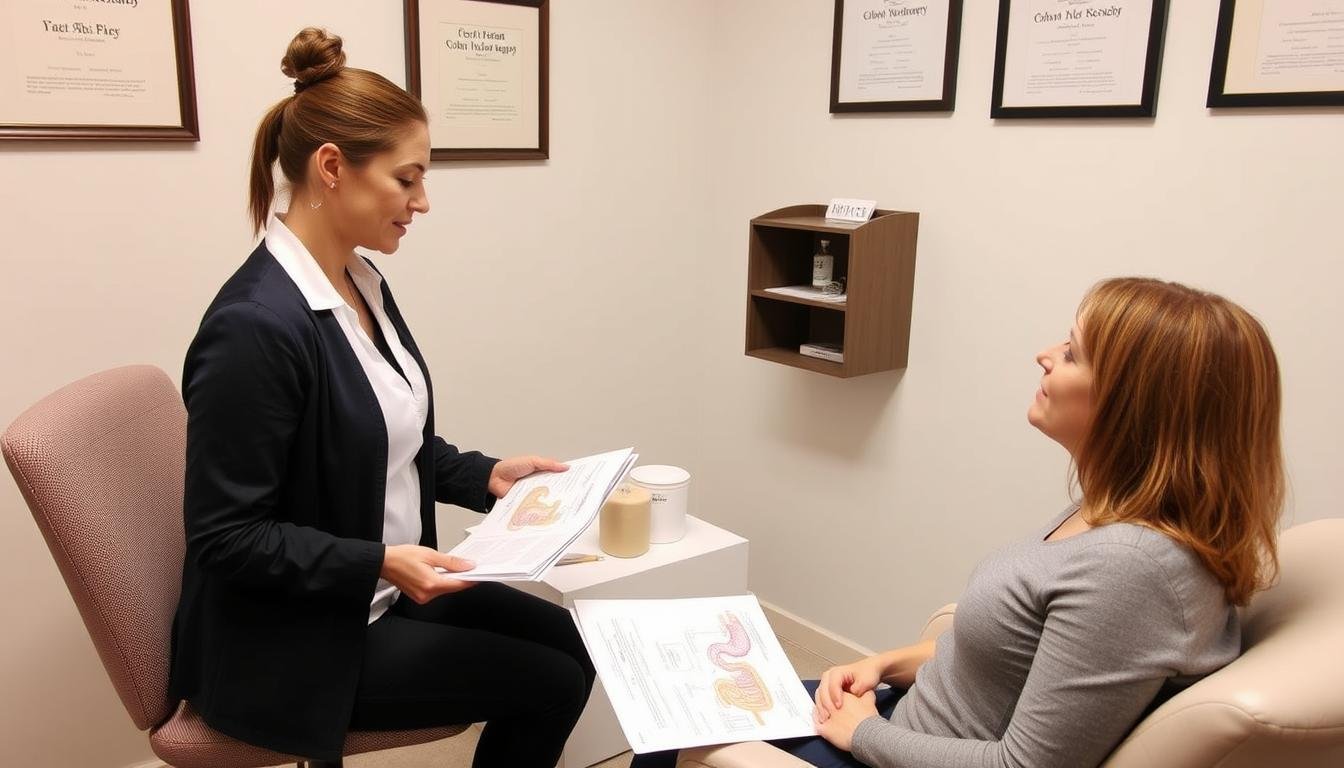
Facts
- Modern equipment uses gentle, controlled water flow
- Sessions are private and maintain dignity
- Disposable equipment prevents contamination
- Certified practitioners screen for contraindications
- The procedure can support overall digestive health
Myths
- The procedure is painful or uncomfortable
- It removes beneficial bacteria (probiotics can replenish)
- It’s only for constipation (has broader applications)
- It’s dangerous (risks are minimal with certified practitioners)
- It’s a new, untested practice (has centuries of history)
A certified colon hydrotherapist understands these concerns and can provide evidence-based information to help clients make informed decisions. They focus on education rather than making exaggerated claims about the procedure’s benefits.
Still Have Questions?
Speak with a certified colon hydrotherapist to get accurate information about the procedure and whether it’s appropriate for your specific health situation.
Frequently Asked Questions
Here are answers to some common questions about certified colon hydrotherapists and the services they provide:
കോളൻ ഹൈഡ്രോതെറാപ്പി വേദനാജനകമാണോ?
When performed by a certified colon hydrotherapist, the procedure should not be painful. Most clients report mild sensations of fullness or movement as water enters the colon and waste is eliminated. The thin, pencil-sized nozzle used in modern systems like the LIBBE is designed for comfort, and water temperature and pressure are carefully controlled. Any discomfort is typically brief and related to the release of gas or the movement of waste material.
A qualified practitioner will communicate with you throughout the session and can adjust the water flow to ensure your comfort. They can also provide guidance on breathing techniques to help you relax during the procedure.
How often should you get colon hydrotherapy sessions?
The frequency of sessions varies based on individual health goals and conditions. A certified colon hydrotherapist will develop a personalized recommendation after your initial consultation. Generally:
- Initial cleansing: Some practitioners recommend 3-4 sessions over 2-3 weeks
- Specific health concerns: May require more frequent sessions initially
- Maintenance: Typically ranges from monthly to quarterly sessions
Your certified colon hydrotherapist should never pressure you into excessive sessions and should adjust recommendations based on your response to treatment and changing health status.
What should I do before and after a session?
A certified colon hydrotherapist will provide specific guidelines, but general recommendations include:
Before your session:
- Stay well hydrated for several days prior
- Avoid heavy, processed foods for 24-48 hours before
- Don’t eat for 1-2 hours before your appointment
After your session:
- Continue hydrating with water and electrolytes
- Consider taking probiotics to support gut flora
- Eat light, easily digestible foods
- Listen to your body and rest if needed
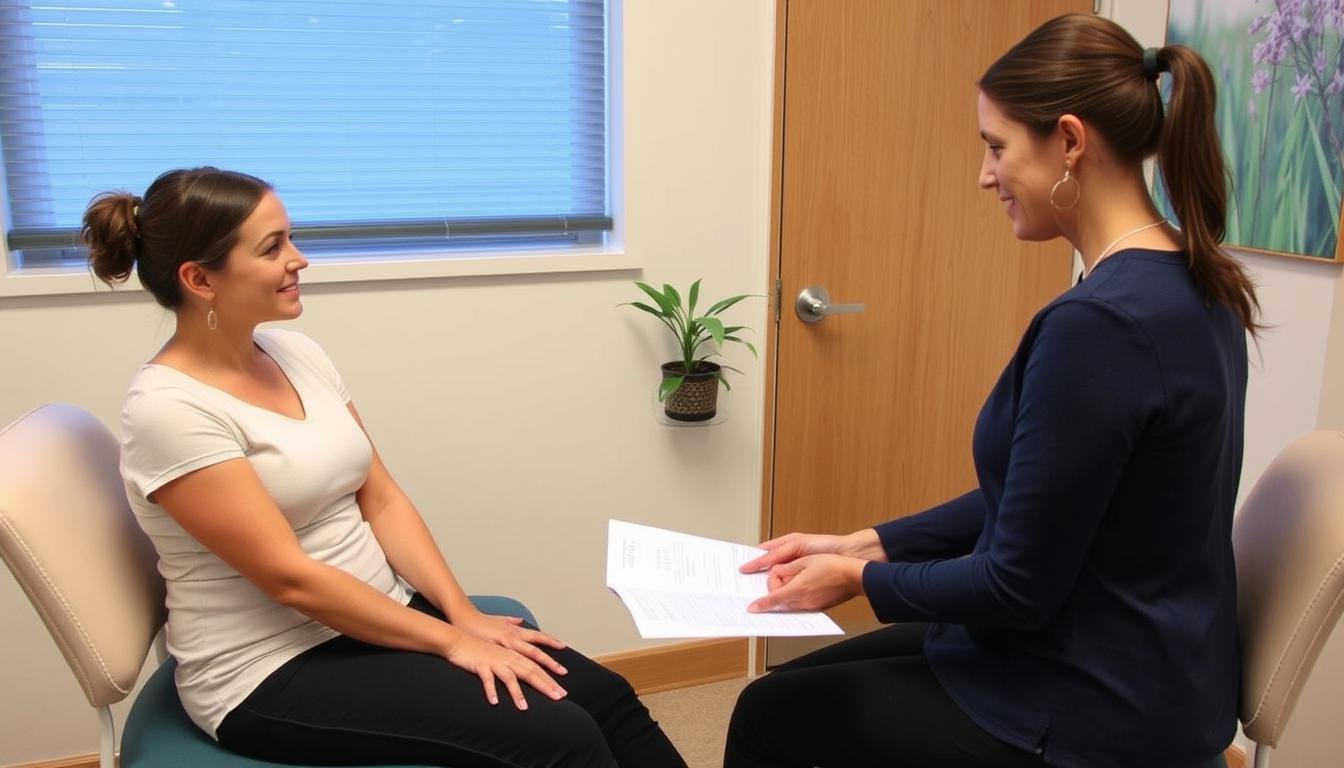
Conclusion: The Value of Choosing a Certified Professional
When considering colon hydrotherapy, the importance of working with a certified colon hydrotherapist cannot be overstated. These professionals have invested in proper training, understand safety protocols, and can provide a comfortable, beneficial experience while minimizing risks.
A certified practitioner offers more than just a procedure—they provide education, personalized recommendations, and follow established standards that protect your health and dignity. By verifying credentials and asking informed questions, you can ensure you’re receiving care from a qualified professional committed to best practices in this field.
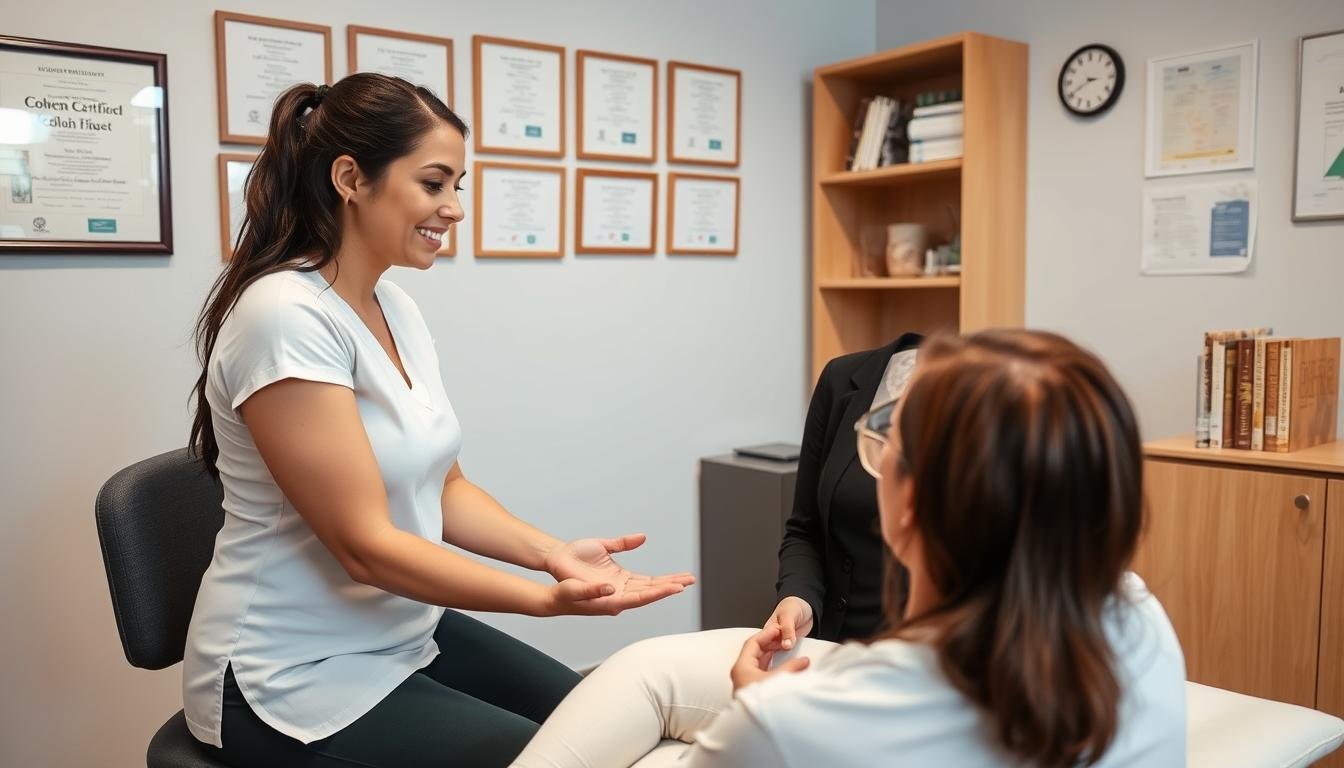
Ready to Take the Next Step?
Find a certified colon hydrotherapist in your area to discuss whether this therapy aligns with your health goals.
